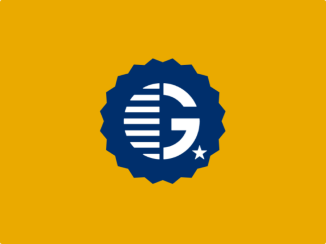#exchangeourworld

- 21-Jul-2017
The Clearing After a Storm
After my last exam, I walked aimlessly across the city - visiting my favorite spots one last time. With friends,Read More ⇾

- 19-Jul-2017
Feeling Off Balance
“Traveling is a brutality. It forces you to trust strangers and to lose sight of all that familiar comfort ofRead More ⇾

- 18-Jul-2017
Let Your Voice Be Heard: Apply to be a Gilman Alumni Ambassador
Gilman Alumni Ambassador Lea Gober reflects on her experience sharing her study abroad journey with students and the international educationRead More ⇾

- 17-Jul-2017
Coming Full Circle: My Host Family
It had been exactly 2 years since I had boarded my bus to Vilnius, Lithuania and left my host familyRead More ⇾

- 12-Jul-2017
The Return Home
I've been back in the United States for about a week now. It didn't really hit me that I wasRead More ⇾

- 07-Jul-2017
New Skills in New Zealand
INTRODUCTION On my first day in New Zealand, I completed a self-assessment provided by the Gilman Scholarship Program. It askedRead More ⇾

- 03-Jul-2017
How to Get Around (Europe) Without a Car
One thing that may come as a shock to a car culture like the States, is that cars are notRead More ⇾

- 30-Jun-2017
Then and Now
Today marks my last day in Putre. I took the bus, La Paloma, to Arica for the last time. AsRead More ⇾

- 28-Jun-2017
Travel Tips from a Black Student Studying Abroad in Tanzania
As a black student studying abroad in Tanzania, I find that I have different experiences than my white peers. IRead More ⇾



